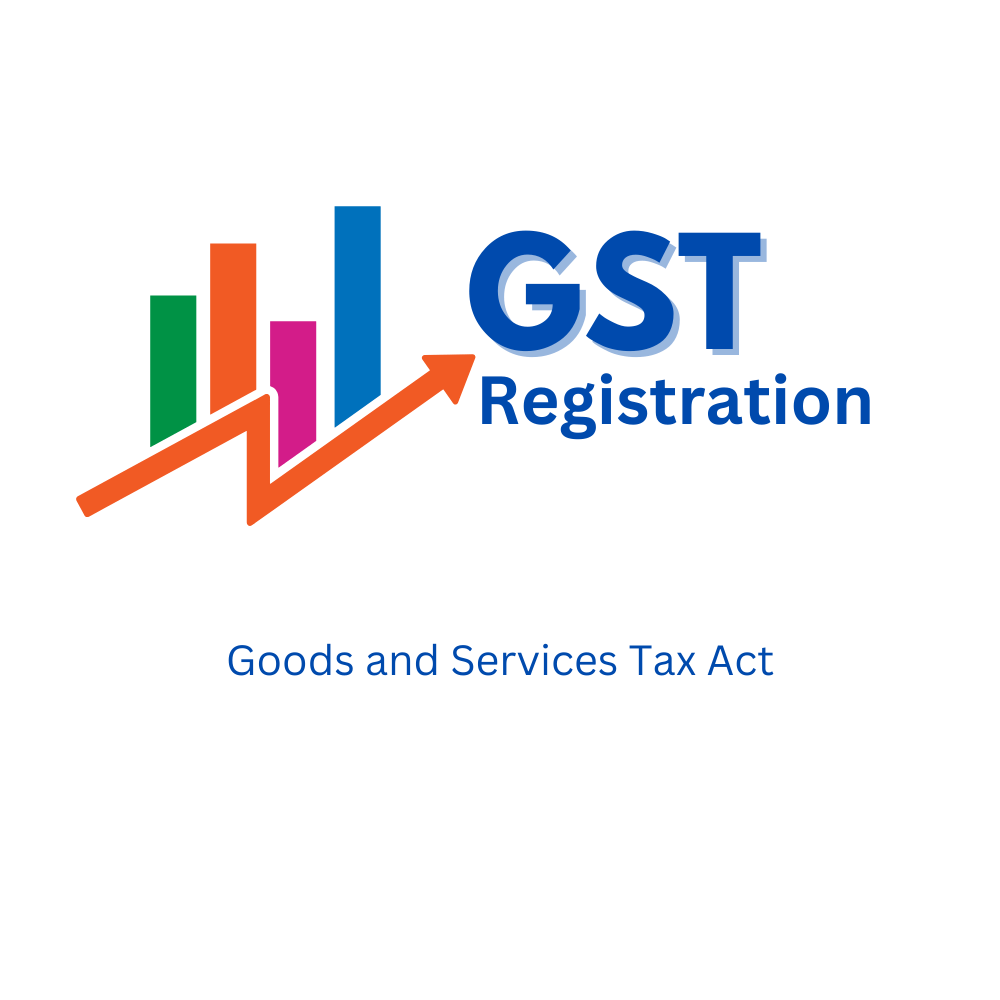Choosing CFO Account & Services for GST Registration in Singapore: What You Required to Know
Choosing CFO Account & Services for GST Registration in Singapore: What You Required to Know
Blog Article
Navigating the Intricacies of GST Registration: A Comprehensive Guide for Business Owners
Navigating the intricacies of GST registration can be a difficult task for several organization owners, as it involves a myriad of regulations, guidelines, and processes that have to be abided by. With the ever-evolving landscape of tax regulations, making sure compliance and understanding the complexities of GST registration is vital for the seamless procedure of any type of business. From establishing eligibility and collecting the required documents to optimizing procedures for maximum performance, this extensive overview aims to give entrepreneur with the understanding and devices needed to browse the complexities of GST registration successfully.
Eligibility for GST Enrollment
Company proprietors should fulfill particular requirements to determine their qualification for GST registration. As a whole, companies with a yearly turnover going beyond a specific threshold are called for to register for Product and Services Tax Obligation (GST) This limit differs by country, yet it is necessary for entrepreneurs to remain educated regarding the specific laws in their jurisdiction. Furthermore, businesses entailed in interstate supplies, ecommerce, or the provision of specific defined services and items may likewise be mandated to sign up for GST, regardless of their turnover.
In addition, businesses that are signed up under any type of previous tax obligation regime, such as barrel or service tax, are normally called for to change to GST enrollment. Recognizing these standards is vital for company owner to make sure compliance with the law and avoid any fines or lawful problems. It is a good idea for business owners to consult with tax professionals or legal advisors to analyze their qualification for GST enrollment precisely. By adhering to the required criteria, businesses can efficiently browse the intricacies of GST enrollment and run legitimately within the tax obligation framework.
Documents Needed for Registration
To finish the GST enrollment process, organizations need to gather and submit an extensive collection of files. The key papers required for GST enrollment normally include evidence of company enrollment or consolidation such as the Certification of Consolidation, partnership action, or any kind of other enrollment certificate. Additionally, organizations should give identity and address proof of the marketers or partners, which can be in the form of Aadhar card, FRYING PAN key, card, or chauffeur's license. Financial papers such as bank statements, evidence of workplace like rental contract or electricity costs, and accredited signatory information are additionally vital for the enrollment process.
Additionally, particular files associated to the nature of the service, such as a listing of items or solutions supplied, HSN codes for items, and cavity codes for solutions, may be required - Why choose CFO Account & Services for GST registration in Singapore. It is critical for organizations to ensure that all documents sent are exact, updated, and in the recommended format to avoid any kind of hold-ups or problems in the GST registration procedure
Refine of GST Registration
Having actually set up the requisite documentation, organizations the original source continue to initiate the GST enrollment process by involving with the online site assigned for registration. This on-line portal is the Item and Solutions Tax Network (GSTN) website, which works as the key platform for all GST-related tasks in India. Upon accessing the portal, organizations are needed to fill in the GST enrollment form with this hyperlink precise information regarding their business tasks, turnover, and various other relevant info.
When the kind is finished and submitted on the portal, the GSTN confirms the information given by the business. Complying with effective confirmation, a GST registration certificate is provided to the organization entity.
It is essential for organizations to ensure that the info given during the GST registration process is precise and as much as day to stay clear of any potential issues or delays in obtaining the GST registration certificate.
Understanding GST Compliance

Services require to be familiar with the numerous GST conformity requirements based on their turnover, nature of products or solutions, and the states in which they operate. It is important to remain upgraded on any kind of modifications in GST regulations and guidelines to avoid any non-compliance issues.
Non-compliance with GST policies can lead to large penalties, fines, and also lawful effects. Companies have to spend time and sources in educating themselves and their personnel on GST compliance. Seeking expert aid from tax consultants or specialists can likewise help in browsing the complexities of GST conformity and making sure that companies run within the legal structure.

Tips for Optimizing Company Operations
For enhanced performance and productivity in organization operations, calculated planning and streamlined procedures are vital parts. One suggestion for maximizing business operations is to utilize technology successfully.
An additional essential element is focusing on tasks based on their relevance and deadlines. By producing a clear power structure of jobs and setting reasonable timelines, organizations can ensure that important tasks are finished on schedule. Cultivating a culture of open communication and collaboration among team participants can lead to boosted performance and innovation.

Final Thought
To conclude, browsing the complexities of GST enrollment calls for a clear understanding of qualification criteria, necessary files, enrollment procedures, and conformity requirements. By adhering to these guidelines and enhancing service procedures, organization owners can ensure smooth operations and conformity with the GST laws. It is essential for businesses to stay educated and updated on GST guidelines to prevent any type of charges or legal problems.
The crucial records needed for GST registration typically include evidence of organization enrollment or unification such as the Certification of Incorporation, partnership act, or any type of various other registration certification.Having actually constructed the requisite documentation, services continue to launch the GST enrollment process by engaging with the on-line website designated for enrollment. Upon accessing the portal, businesses are called for to fill up out the GST enrollment type with accurate information regarding their organization tasks, turnover, and various other relevant details.
In order to maintain adherence to GST laws and prevent penalties, services should focus on comprehending GST compliance. By adhering to these guidelines and enhancing business procedures, business proprietors can guarantee smooth operations and compliance with the GST regulations.
Report this page